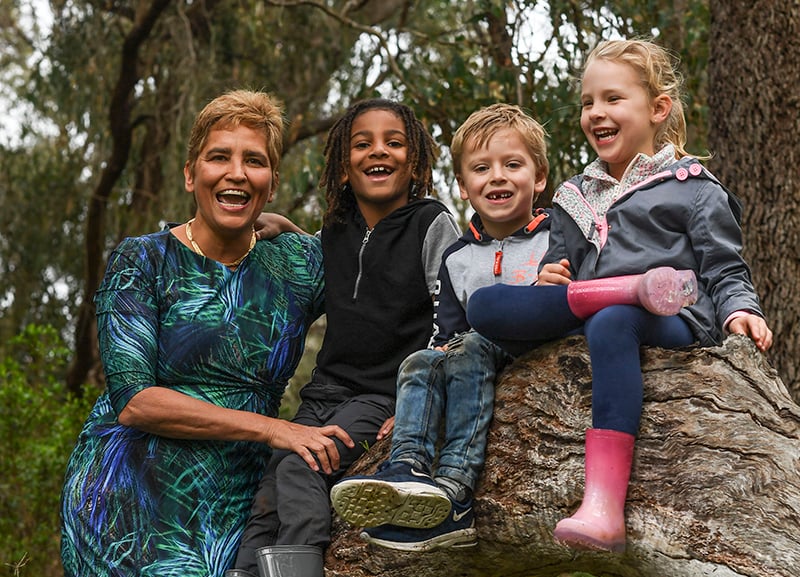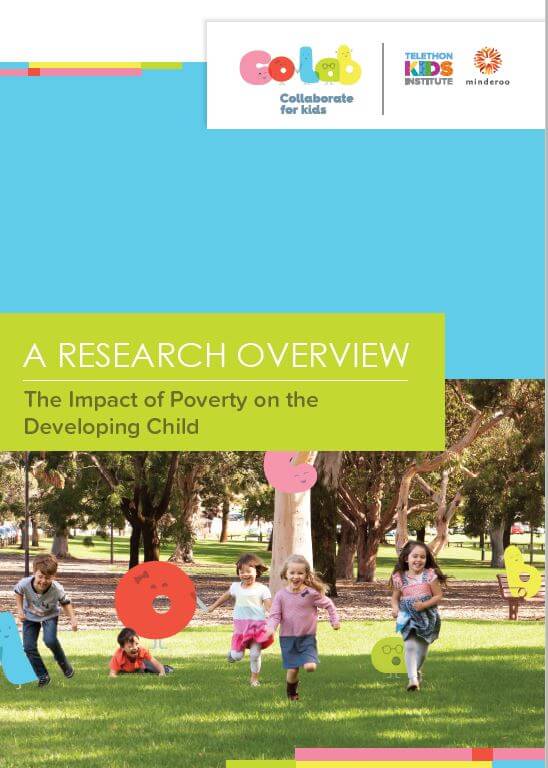Search
Showing results for "early childhood"

News & Events
Back to natureORIGINS is investigating the influence of nature, from pregnancy through the early years of childhood and its impact on later health, as part of the nature relatedness study.
Research
Infant feeding and growth trajectory patterns in childhood and body composition in young adulthoodFull breastfeeding for <3 months compared with ≥3 months may be associated with rapid growth in early childhood and body composition in young adulthood

This study is aiming to investigate how sun exposure and time outside impacts the health of your child’s eye and eye growth, over a period of rapid growth in their lives.
Research
Breastfeeding and nutrition to 2 years of age and risk of childhood acute lymphoblastic leukemia and brain tumorsAcute lymphoblastic leukemia and childhood brain tumors are 2 of the most common forms of childhood cancer, but little is known of their etiology.
Research
Relationship between environmental exposures in children and adult lung disease: the case for outdoor exposuresThere is a growing understanding that chronic respiratory diseases in adults have their origins in early life
Research
The role of preschool quality in promoting child development: evidence from rural IndonesiaThis article examines the relationship between preschool quality and children’s early development in a sample of over 7900 children enrolled in 578 preschools in rural Indonesia.

Early childhood is increasingly recognised as a critical time for the development of executive function.

A picture of early childhood services in Tasmania from birth to age five
The Australasian Research Summaries were generated by CoLab for the Evidence for Learning website in partnership with Edith Cowan University and Fraser Mustard Centre.
Research
Latent profiles of early developmental vulnerabilities in a New South Wales child population at age 5 yearsPatterns of early childhood developmental vulnerabilities may provide useful indicators for particular mental disorder outcomes in later life
